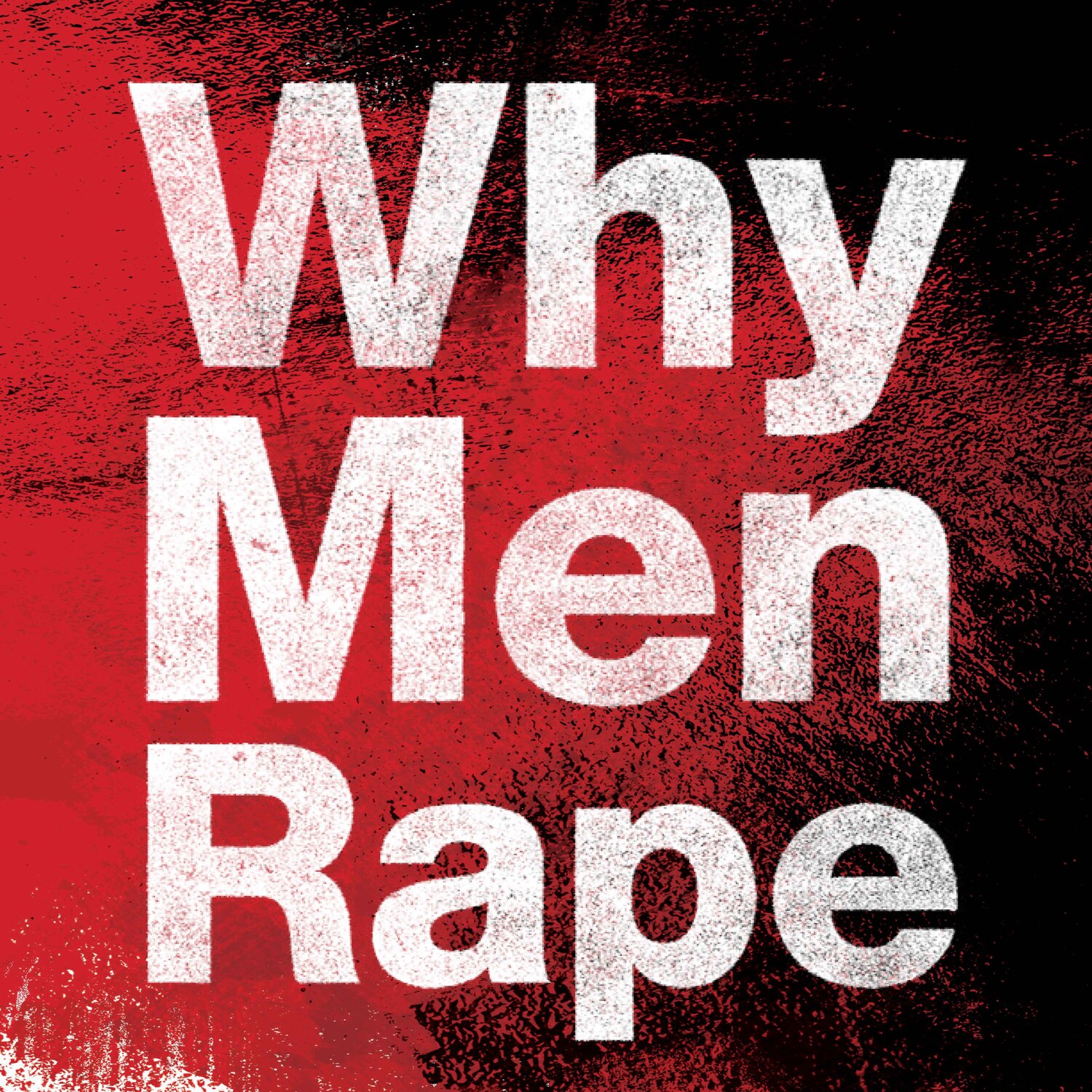Dissecting the public and the private in India
by Priyanka Sutaria
Affection; caged by the rules of societal expectations
Inspired by: Mar Il.lustració
In my first year of college, I had just started dating my boyfriend and a friend asked me if we had kissed. When I replied in the affirmative, she was shocked. “What? But it’s only been three days!” This was not a surprising reaction because we have some pretty ridiculous dating “rules” in India which we are supposed to abide by if we want to remain “respectable” in a relationship. It was her next question which surprised me more — “How did you know how to kiss him? I mean, where did you learn?” I paused for a second. And then responded cautiously. “My parents kiss all the time, I know what kissing looks like…” Suffice to say that both our reactions to my answer were very, VERY different.
Her's was more a short-term observation, about how surprising it was that my parents expressed physical affection in front of their children. Mine is a more long-term inference, one which finds culmination in the incident which took place in Kolkata this past week, where a young couple was beaten up for “standing too close” at a metro station, but more on my observation later.
Via Humans of Hindutva
What happened in Kolkata was compounded by the ignorant comment made by the official Facebook page of the Kolkata Metro, which railed against young people for ruining our culture with their "vulgarity" and told them to (more or less) expect violent retribution if they insisted on their newfangled ways. Also mentioned in the comment were statements like “good qualities are totally lacking in the young generation and morality a distant dream”. To break this down, this was not just about the sight of two people of different genders standing too close being irritating, but about it being perceived as morally BAD. At the same time, the passengers who carried out the violence were hailed for everything the youth allegedly does not have—decency, good manners, lack of arrogance (ironic, I know).
Essentially, the youth is bad and the baby boomers good. Got it. Sigh. The Metro has since retracted the comment and claimed that they are against moral policing of any kind (with many calling the comment fake news), but as they say, the damage is done. Whether or not the comment is real (multiple screenshots prove that it is), it surely does reflect real attitudes, and that brings me back to my observation… which goes hence—
We are so unused to seeing physical affection, that we see it as unnatural.
The Victorian history of this nation’s regressive sexual attitudes is well known; we were a fairly sexually liberated non-country until the British came with their strict unforgiving moral codes (which of course, find reflection in the aforementioned dating “rules” as well). After that, it was apparently downhill. The more terrifying result of the British repression of sexuality in pre-India was its eventual confluence with what we would now call our Nationalist Agenda. In this agenda, sexuality is something to be reined in (a la Gandhi) in order for us to succeed as a nation. And of course, if one reads between the lines, it is the woman’s body and sexuality which faces the most suppression.
In a state which both socially and legally sanctions heteronormativity, it is important to understand how this heteronormativity is carried out. By solidifying the family unit and placing the responsibility of the family’s honor on the woman, the state enforces the idea that sex only exists within the marriage of a man and a woman. Further, it socially (not legally, but it might as well be, considering how law and order perpetuate the same repression) regulates the myth of virginity, so if a woman appears to be engaging in seemingly sexual activity outside of wedlock, then it is seen as a crime. Not just that, it is the people who solidify this culture by assuming the role of judge and jury, as they did when they beat up that couple in Kolkata. Whether a hug actually constitutes the destruction of the family unit is debatable, but that is not the issue. The reality is, the couple could have been beaten up for simply talking to each other. Such is the state of the nation.
This is an extension of a dangerous and oppressive culture of rape, wherein marital rape in the bedroom is sanctioned and consensual displays of affection in public decried. But who are we to say; ghar ki baat hai, after all. What they don’t tell us is that the ghar is the nation and the woman is the flag bearer of nationality. My fear is that the threat of violence in exchange for friendship, or even romantic love, may just be far too much for young people to take. They will grow up believing such behaviour merits punishment, while remaining silent about the real acts of violence. And until we call it out, this society is going to keep playing gatekeeper to our individual sexualities while slamming the door on actual acts of sexual deviance like rape.
However, all is not lost, dear reader. In better news, Kolkata is fighting back. Free hugs are being offered across the city, and it might remind one of the delightful protest some years back in Kerala, where people kissed in public (yes, on the mouth!) to combat moral policing on displaying affection in public. Now to figure out why the “adults” don't understand that what we want is not the right to have sex in public, just the basic right to touch someone CONSENSUALLY without fearing retribution. Is that too much to ask?


